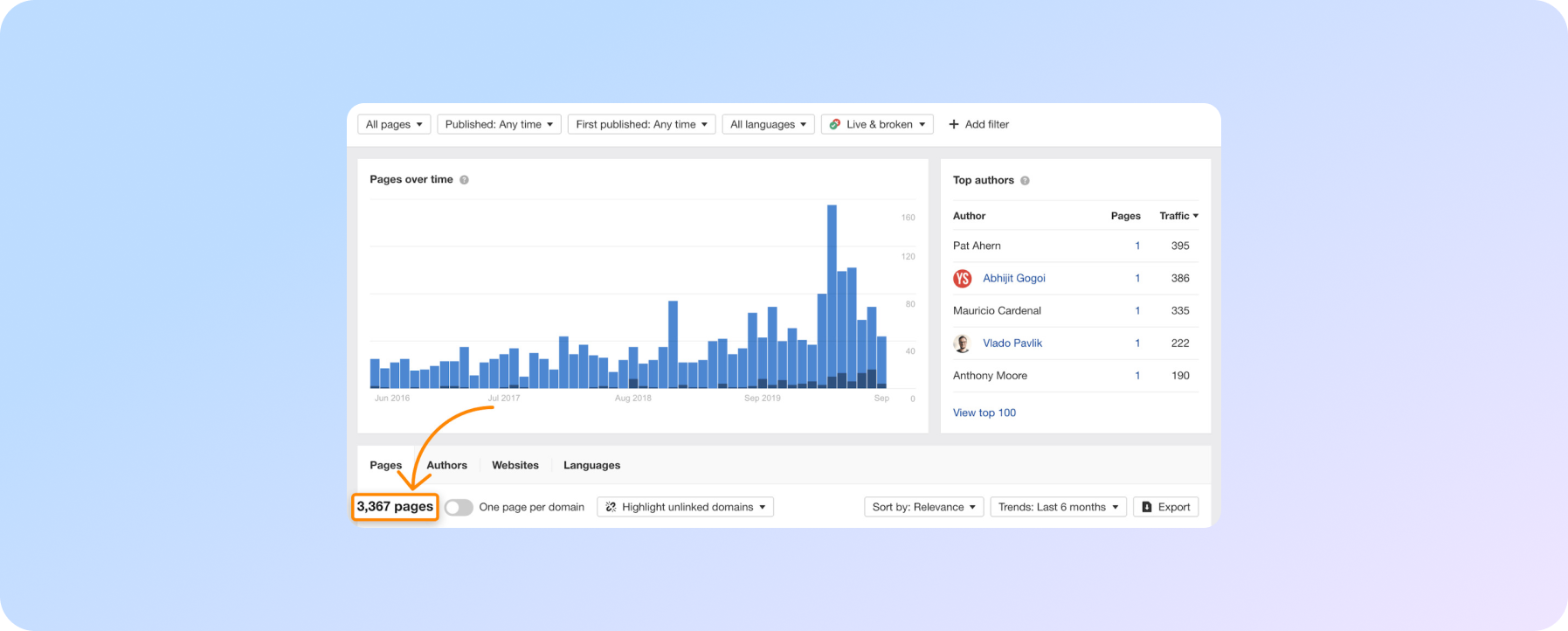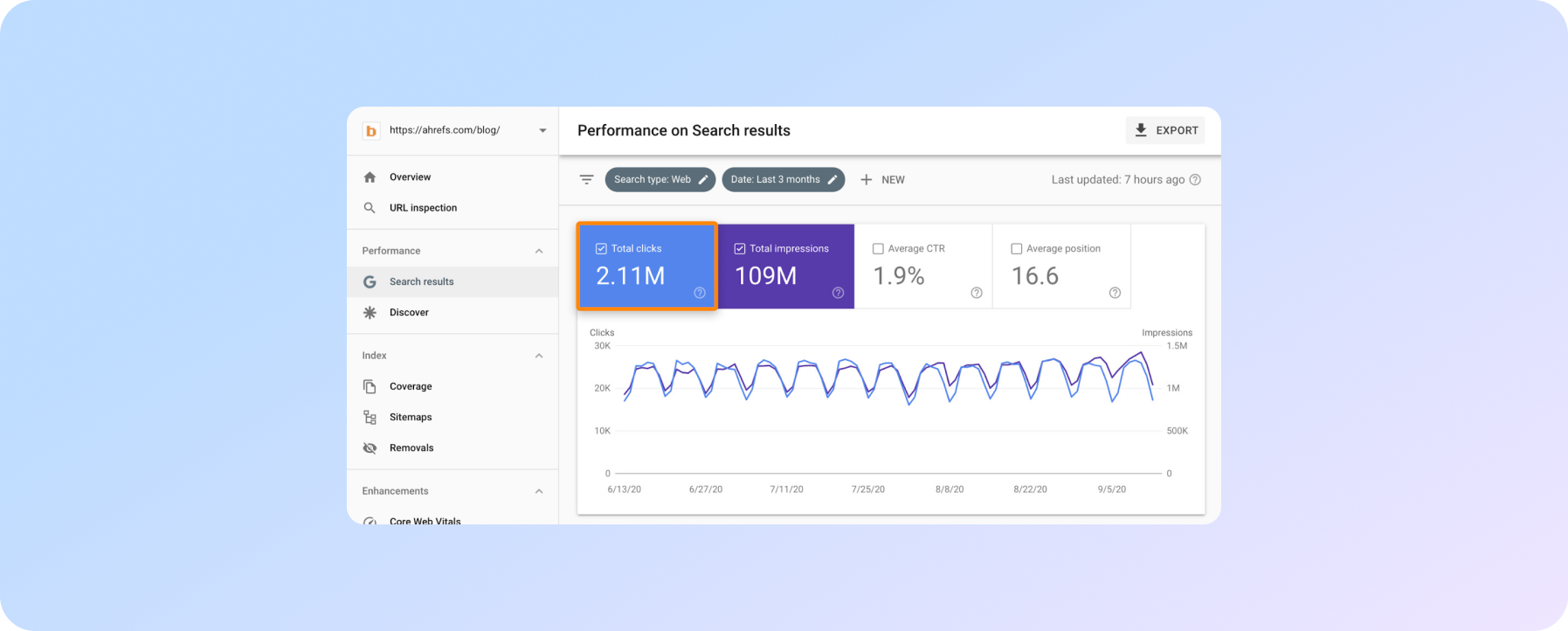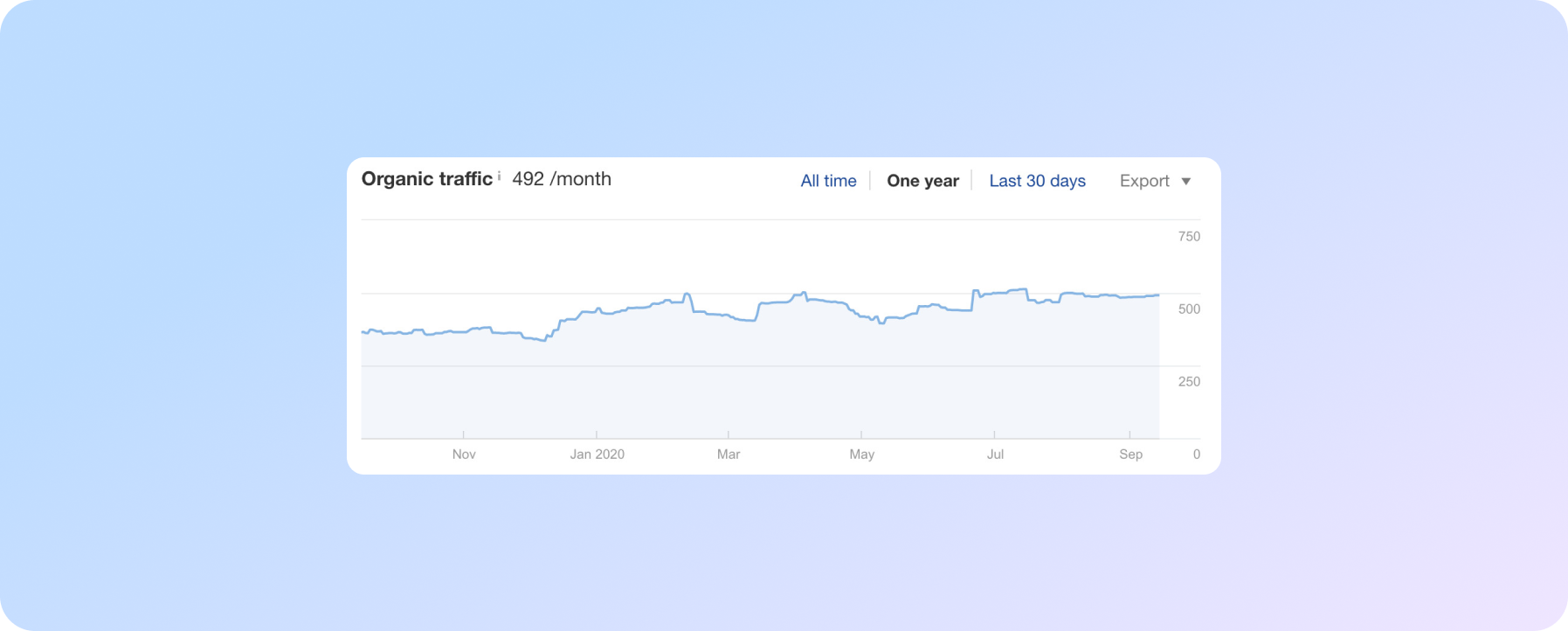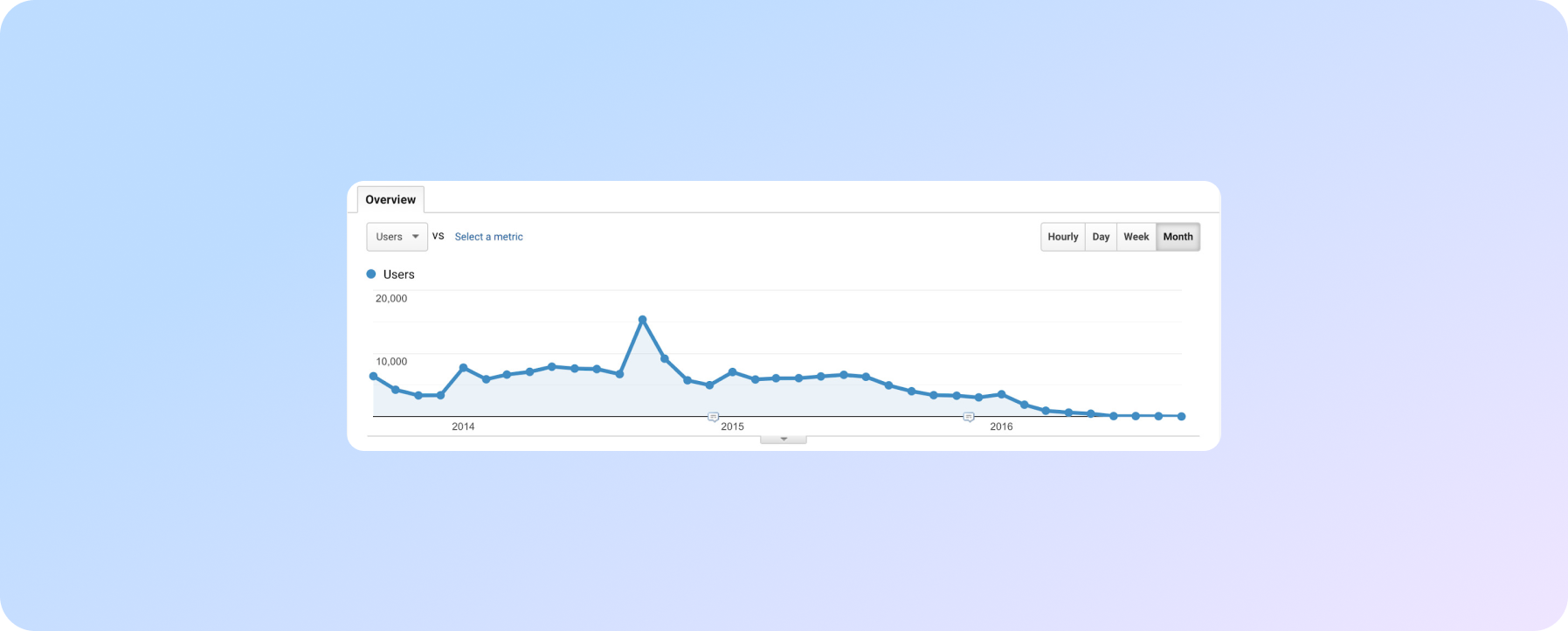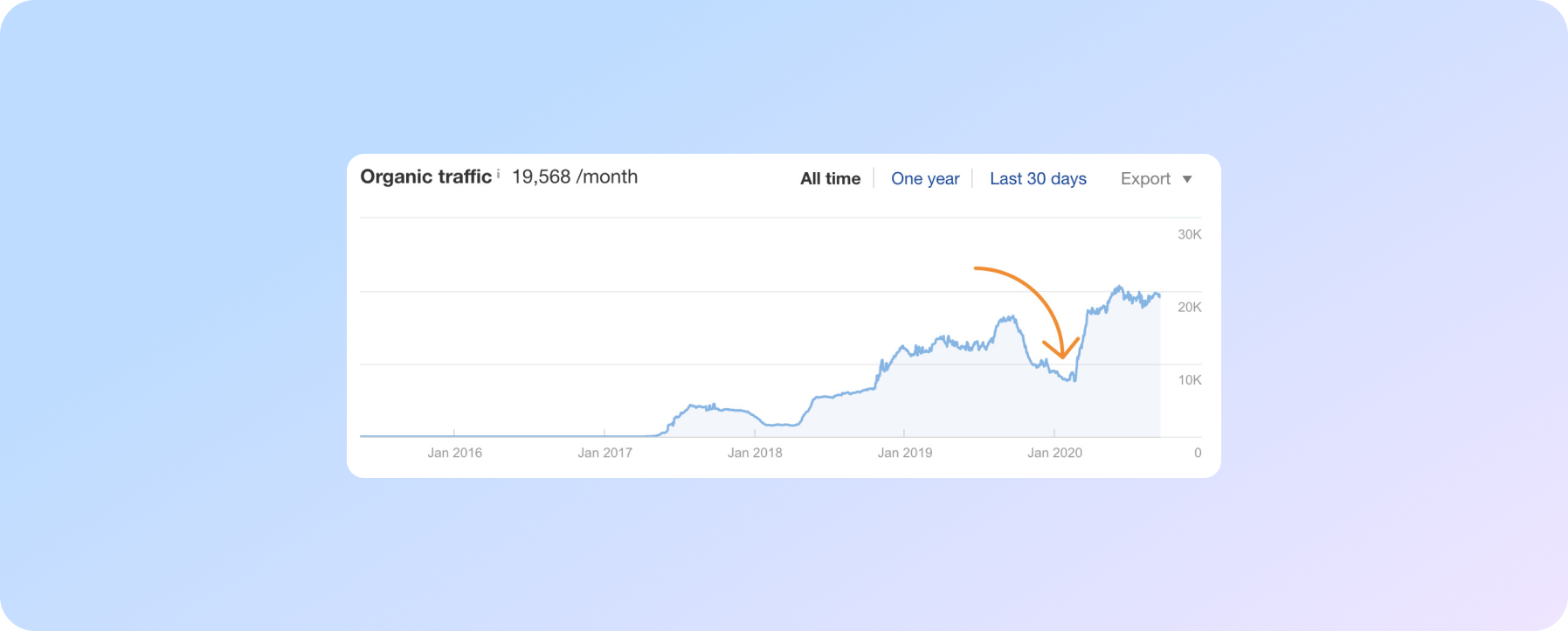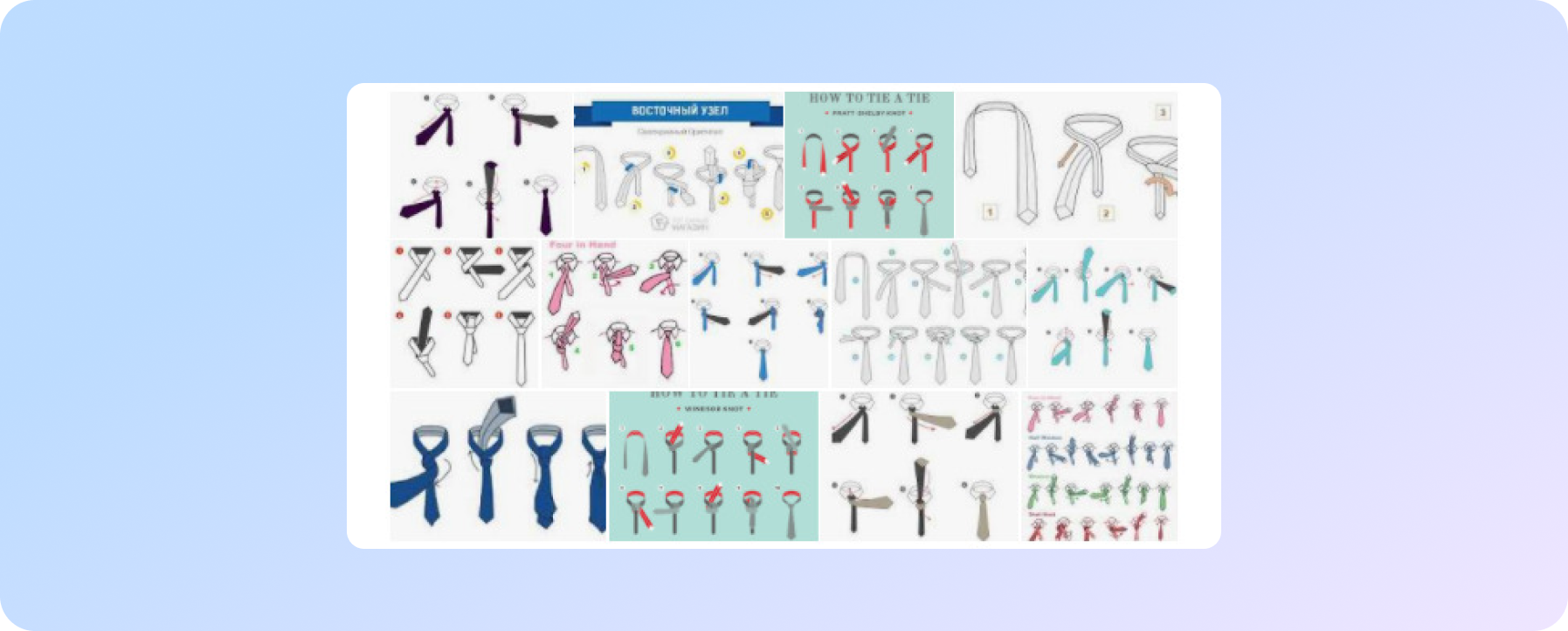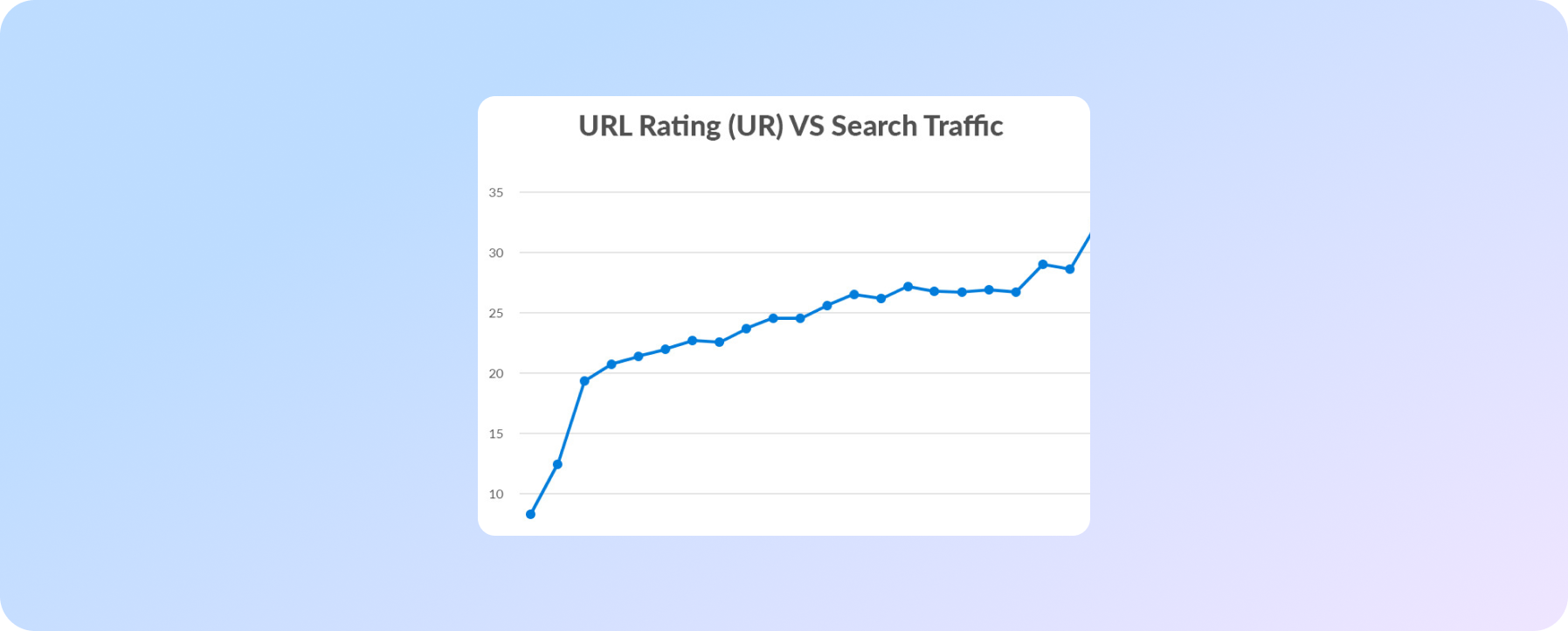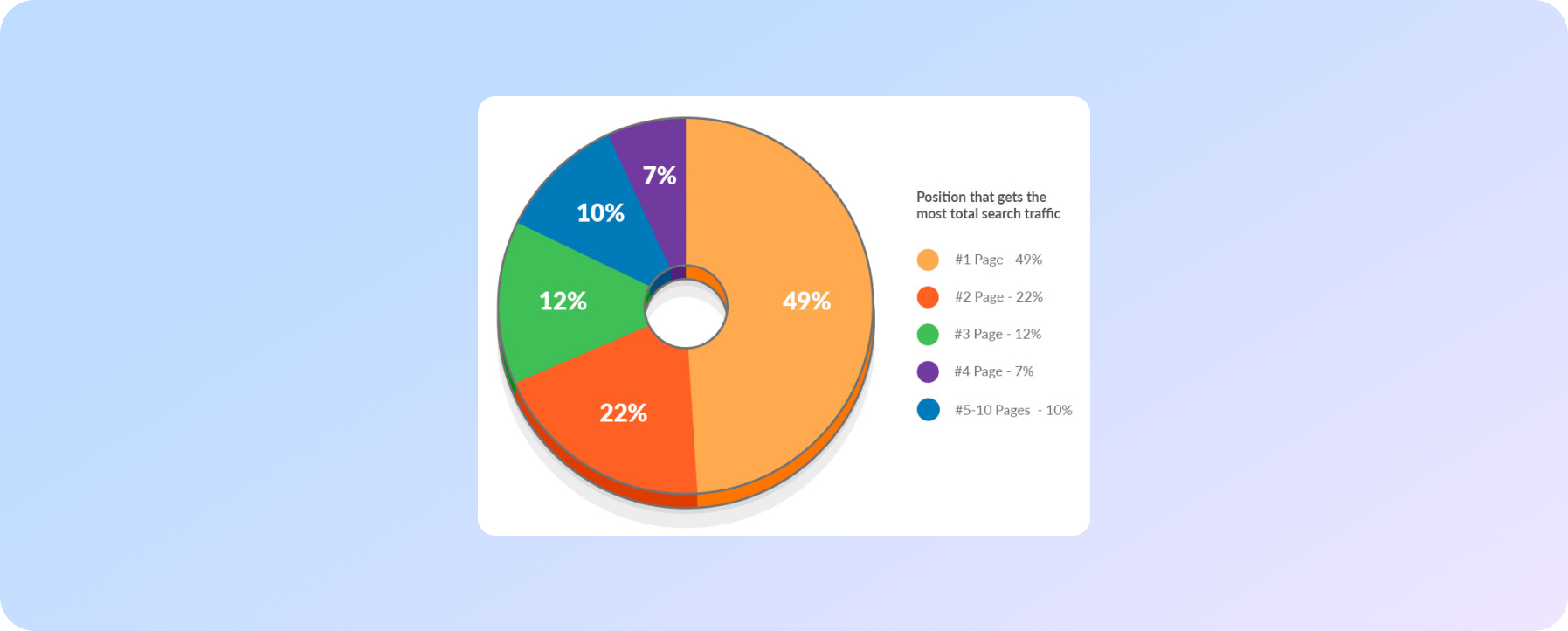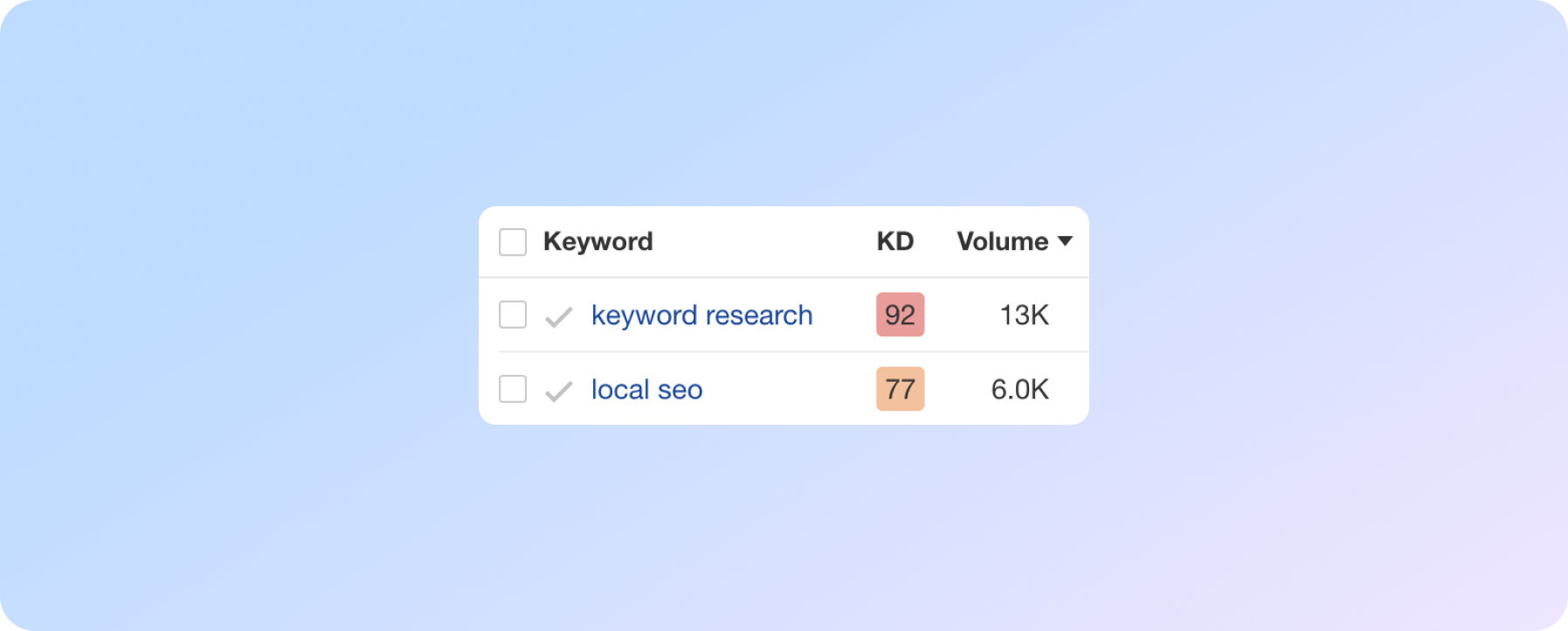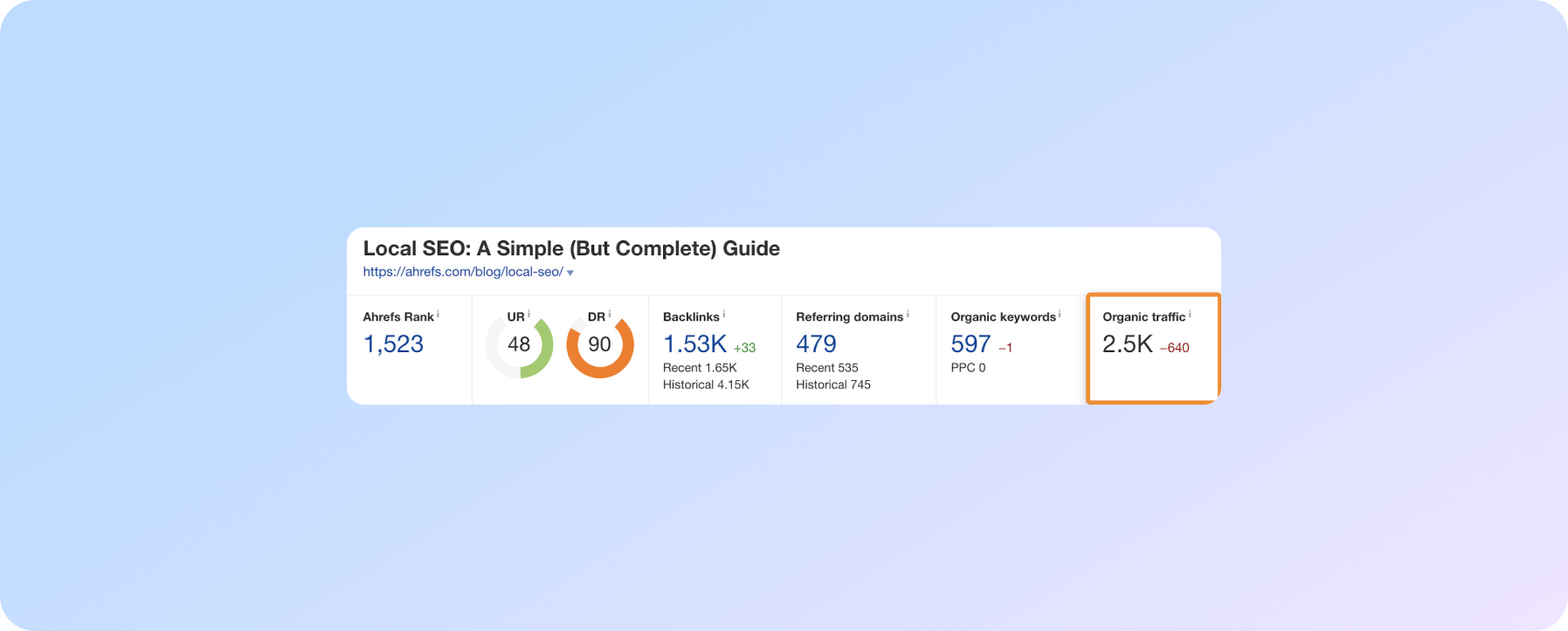No magic - just our painstaking joint work on the site
10 SEO Myths You Should Ignore
We have translated and adapted the article by Joshua Hardwick.
There are many myths and legends associated with SEO. But not everything that is being said about SEO is true. So let's deal with the most popular myths about this.
1. SEO is dead
It`s a more popular and “favorite” myth of all SEO specialists. According to Ahrefs’ Content Explorer, this phrase has been uttered 3,367 times since June 2016.
But SEO. Is. Not. Dead.
Why do we know it? Look at this screenshot
2.1 million visits… all from “SEO.”
However, people still think that this statement is true, because of answers in search results like this.
Of course, this negatively affects the number of clicks in search results.
The fall in clicks to sites was provoked by the Google Quick Answer. But that doesn't mean SEO is dead. Only some questions can be answered directly in the search. For other queries, the keywords still work.
However, SEO is not dead as long as search engines still exist, are used, and show results that can be influenced in some way.
2. SEO is a one-time thing
We can make as many theoretical arguments in favor of SEO regularity. But there is one unbeatable fact. These are the returning customers. Customers who come with the words "it worked better with you."
One of these is the sale of awnings and blinds in Kyiv and the region
Cooperation was in the period 2015-2017. (first time)
During the season - 700 organic users by month.
In March 2019 we resumed work:
- April 2019 - 262 organic users (we were preparing a new, adaptive website);
- April 2020 - 844 organic users (Covid April);
- 15 days of March 2021 - already 570 organic users (despite the fact that the high season is April-May)
Here's what happens if you neglect SEO
But there are exceptions. Here’s one example
3. Google only ranks ‘fresh’ content
Content freshness is a ranking factor that directly depends on the query. For some, the relevance and date of publication is important, for others not. It’s about how the date of content influences the quality.
If the information is relevant over time, then this factor shouldn’t be taken into account.
For example, here is the result of updating some of the most popular blog articles
On the other hand, freshness doesn't really matter for the eternal questions like "how to tie a tie" because the process never changes.
If your business is in an industry that is constantly changing, keep an eye out for content updates on the site a little more closely. If page visits drop, update the content and you will see instant growth.
4. Long-tail keywords are easier to rank for
It is a mistake to think that long-tail keywords always consist of many words. In fact, these are queries with a low frequency, the number of words does not matter.
Frequency, competition... These are all important metrics for evaluating search queries. But working with a project is about even more data that helps building strategy for further work.
And information includes:
- tasks with which the customer comes to us;
- goals set for the project;
- market, niche to work with.
If we talk about the subject of household appliances or clothing, then queries with a “long tail” are opportunities. Opportunities where high-frequency demand is lifting in such a distant forecast that even optimists stop believing. These are niches where a new player cannot compete with the giants (market leaders) that even children know. Here it is strategically correct to invest in working with long-tail queries. Definitely, it takes time and resources, but they are achievable in the foreseeable future.
On the other hand, we receive a project operating in an agricultural niche - seeds and plant protection products, for example. The project is quite competitive for the most frequent queries on the topic. Then the work is built differently - first, a guideline for the most high-frequency and highly competitive request. There is no need to lose the opportunity, because in a year the same project may not be commensurate with competitors for this request. Here the first subtask is to take the main place in the market (on the Internet). And then the collection of the maximum semantics, which will give not just the first place on top requests, but also collect the most targeted traffic. At this very stage a lot of work is being done on queries with a “long tail”, where each of them is not commensurate in frequency with the main one. But if you look at the total volume of incoming traffic, it can grow twice as compared to only the top 1 for the main request. Who would want to miss such an opportunity?!
5. Duplicate content will get you penalized, content must be 100% unique
Duplicate content is when exact or near-duplicate content appears in more than one place. This can be on the same site or across multiple sites.
For example:
https://buffer.com/library/social-media-manager-checklist/
https://buffer.com/resources/social-media-manager-checklist/
Duplicate content won’t get you penalized, but it can cause SEO issues such as:
- Undesirable or unfriendly URLs in search results;
- Backlink dilution;
- Wasted crawl budget;
- Scraped or syndicated content outranking you.
If you are concerned that your site may have duplicate content, order an audit and we will find it out.
No need to focus on 100% originality of the text, meaning and readability are much more important.
6. Social signals help rankings
According to John Mueller from Google, social signals don’t directly impact rankings, because social signals are so easy to manipulate.
From childhood we are taught that the world is divided into black and white. In SEO, everyone is looking for factors that either work 100% or not.
Buying social “dummy” signals (from cheap, not upgraded accounts) is a waste of time and money.
But the value of reposts of real people .. It remains. Publications in different social networks, in different countries, in different interest groups. They work differently for the site. It's not just posting for the sake of posting.
These are people, alive, real, interested in at least one material.
These are users who themselves got acquainted with the site and call for a similar acquaintance with the same resource of their friends and acquaintances.
It was:
- real traffic;
- real user experience;
- brand promotion;
- possible subscriptions to email newsletters;
- possible new followers for groups in social networks.
- new visits, new views, and growth of regular traffic.
It all works for the overall ranking of the site. The social networks work like a signal. But you don’t need to chase quantity just for the sake of quantity, the quality of such signals is important.
7. PPC can’t help you rank higher
Paying for Google ads does not directly affect rankings. SEO and PPC work well in parallel.
Many experts believe that Google gives preference to those who pay for advertising. But It is not enough to launch contextual advertising. Sales will increase, but the site will remain in the same position until you optimize it.
This doesn't mean that contextual advertising can't indirectly help you rank higher. PPC ads can help attract backlinks and accumulate behavioral signals. And it promotes progress.
8. PageRank doesn’t matter anymore
PageRank is the foundation of Google. It looks at the quantity and quality of backlinks to judge the value of a page.
But ever since Google discontinued public PageRank scores in 2016, some people think that we should forget about this metric:
Google confirmed that PageRank is still a ranking factor in 2018
Dependence of traffic on PageRank.
This is further backed up by the fact that Ahrefs’ URL Rating (UR) correlates nicely with search traffic:
After all, there’s little point talking about a metric that we can no longer see. But the fact of the matter is that PageRank is still a ranking signal, which means that getting high-quality links to your web pages still matters.
9. SEO is all about rankings
Everyone wants to the TOP-1, but top-ranking page gets the most search traffic only 49% of the time.
For example, the second position page received 15.8K organic traffic, while the first position page only 13.7K.
Why? Because most pages get traffic from many keywords, not just one.
Therefore, focus not on rankings, but on traffic. Increase the authority of pages, satisfy the search intent of the user completely, and write interestingly. Build more links to increase authority.
Therefore, focus not on rankings, but on traffic. Increase the authority of pages, satisfy the search intent of the user completely, and write interestingly. Build more links to increase authority.
I would say everything is important. Traffic itself as long as TOPs only is not always an indicator of the quality of SEO work. Everything is important in the complex:
- and positions, but on correct site-specific queries. And not one by one, but by the maximum volume of thematic ones. You can not make the project a hostage of one query. This makes you unprotected from the next update, which can destroy all the results of a year's work.
- and traffic, but targeted, and not just for quantity (if this is not the goal of the project). You should always be able to look wider at your topic. Drive direct and indirect traffic. Collect ready-made buyers and those who only choose, but lead them to make a choice at your site.
- and sales. Strive to sell a better product, a more unique service. Strive to make the user “addicted” to you!
By the way, we have published a series of articles on this subject:
10. Keyword research isn’t important
Some people think that collecting semantics is optionally, but in fact, this is one of the most important and necessary tasks in SEO.
After all, the page ranking for the higher volume keyword gets way more organic traffic.
Take these two keywords as an example
So, collecting semantics helps ensure that you’re optimizing content for the most popular queries.
Сonclusions
Now when we have dispelled all the myths about SEO we will be happy to help you with the promotion of your site. Contact us!
We care about improving your sales :)



